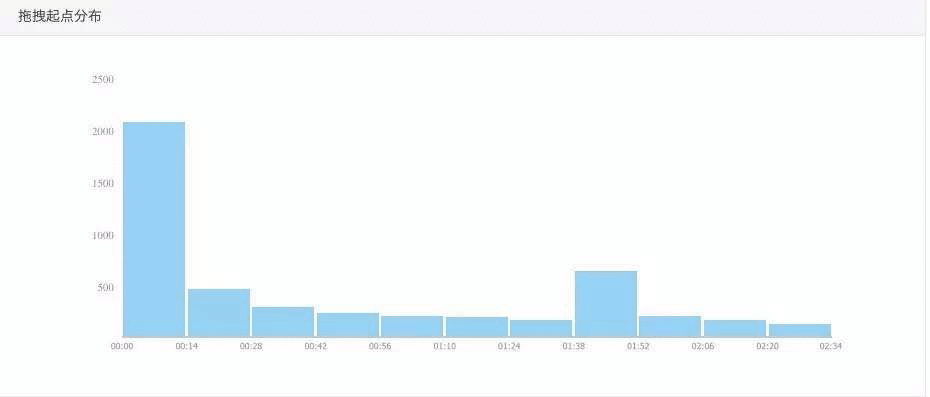It’s been busy weeks for WeChat, with a business model pivot for Youzan and a crackdown of Tencent on pyramid schemes. Here’s a summary of the key events.
1. Youzan starts charging 4,800 RMB per year
Starting on July 8th, Youzan, one of the largest WeChat e-commerce platform (claiming more than 2 million registered businesses) switched to a paid model.
The platform will charge a 4,800 RMB yearly fee to all “enterprise” users. This announcement answers doubts about the business model of Youzan, which was accused of bleeding investor’s money without showing any significant revenue. The company was meeting increasing difficulty in raising new rounds of founding.

This new rule will only be enforced on new stores, and the premium accounts come with credit to buy services from Youzan (for a total value which is supposed to reach… 4,800 RMB).
Overall, this sounds like rather good news for Youzan users: the price tag is all very reasonable, and most serious users would feel safer knowing that Youzan has a long-term plan in order to stay afloat (beside burning investors’ money)
2. WeChat backend ads new analytics features for videos
The backend of WeChat always had rough analytics in terms of video (enabling to see the number of views and shares). It now expanded and enables marketers to track the exact behavior of users on videos.
Most importantly: how long do users watch videos for? Do they watch them till the end or do they drop within the first 15 seconds?

These new data can be leveraged in order to tailor video content for specific type of audiences. It will most particularly avoid lengthy videos which won’t be seen through by most users.
Mobile video is booming in China: according to eMarketer, mobile video advertising will represent 55.0% of all digital video spend, or $3.09 billion, in 2016. WeChat being the main channel for mobile content in China, it was high time for Tencent to start providing meaningful insights about the efficiency of video marketing to advertisers.
3. Tencent blocks 3,000 accounts for pyramid schemes
Over the course of July, WeChat shut down more than 3,000 WeChat accounts which were pushing their customers to become “agents” and sell products to their friends (this practice, also called pyramid schemes, is illegal in China)
If the closing of 3,000 accounts can seem like a source for concern, this news is very unlikely to have any consequence on the larger WeChat 3rd party development ecosystem. The 3,000 WeChat shops represent a mere fraction of the millions of WeChat shops created so far, and were very directly violating Tencent terms of use.
This however means that companies should be careful when providing incentives for sharing. We would recommend merchants to leverage Groupon-style “group buying” instead, which does not violate the law or Tencent terms of use, while still providing viral benefits.
4. Alibaba focuses on Australia to surf on cross-border sales wave.
Due to the high demand from Chinese customers for Australia brands, Alibaba announced in April it would open an office in Australia in order to better support Australian merchants and strengthen relationship with local authorities.
In a recent speech, Alibaba’s global president Michael Evans reaffirmed the commitment of Alibaba to the Australian market. Alibaba plans to serve 2 billion customers by 2036 and sees Australia as the first step to this global expansion.
1,300 Australian brands are currently selling through the platform, but Alibaba wants to extend the reach to more large brands and SME’s. The company might also have plans to expand its market share on the local Australia e-commerce landscape, where Aliexpress merely captures a 1% market share.
5. “Viral” campaign gets blocked by Tencent
Last week, you might have seen your Moments filled with pictures of a blackboard customized with your friends’ names.

The campaign, launched by Plato APP, asked users to fill in their birthdate and would in return send out a customized “personality test result” in the form of an image they could share on their moments. This simple yet brilliant idea was an almost instant viral hit.
Only problem… after adding a few million followers, both the campaign and account were blocked.
The CEO of the company wrote an open letter to Tencent claiming that this block was unfair. He insisted that Tencent was discriminating against certain accounts while allowing companies they invested in (Didi, JD, etc…) to launch viral campaigns.
His letter warranted a direct answer from Tencent’s founder Ma Huateng. Ma Huateng insisted that the campaign directly violated WeChat terms of use by asking users to follow the account in order to take the quiz. He also highlighted the fact that Didi Chuxing also saw its campaign blocked late June under similar circumstances.
As a conclusion: when carrying viral campaigns, make sure that you don’t require users to follow your account or download an APP in order to access the campaign. Following this tip should mostly keep you out of trouble (although, of course, you should follow your common sense and the final decision belongs to Tencent).

